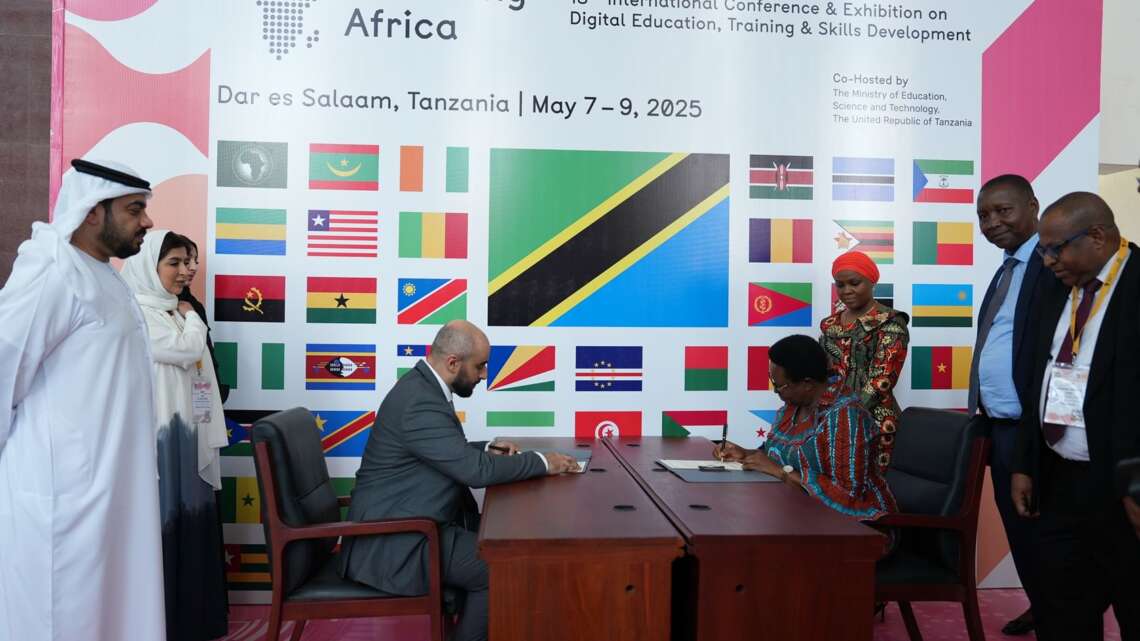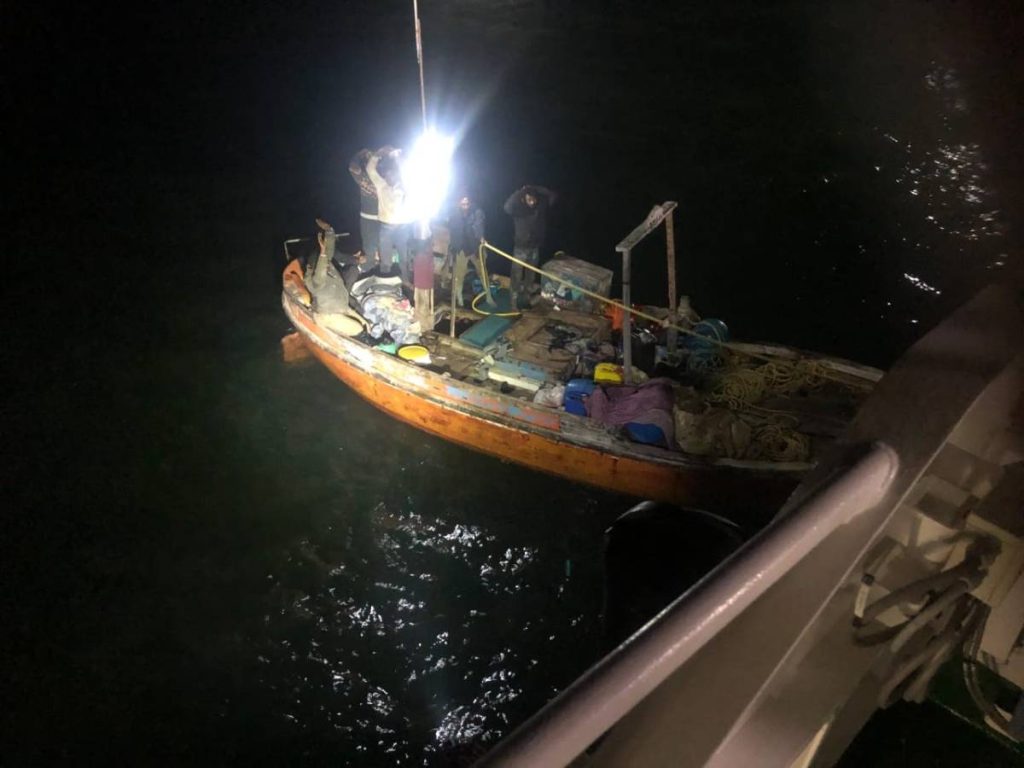Africa’s potential as a market for new business is frequently misunderstood as there has historically been a dearth of real-time market data…reports Asian Lite News
When asked how many companies in Africa earn annual revenues in excess of US$1 billion most business executives would typically estimate fewer than a hundred, or even zero. In fact, there are more than 400 such companies — and they are, on average, growing both faster and are more profitable than their global peers. More companies are not entering the vast African market simply because of such misunderstandings.
Over the years any number of multinationals have entered this market in a void of proven data and become unstuck while a number of African companies have failed to expand in new markets due to the lack, and high cost, of data. It is for this reason that Kasi Insights was founded in 2016 by CEO Yannick Lefang to address the shortfall with the unique selling points of real time data, scale (20+ markets), agility and speed. Today, Kasi Insight is Africa’s leading decision intelligence company empowering business leaders and entrepreneurs to make crucial decisions with confidence. The company pairs its proprietary high-frequency survey capability with the latest advancements in statistics, data analytics and storytelling to inform better decisions on what Africans think, do and why. Every month, the company interviews thousands of Africans and turns survey-based data into actionable insights. Its key markets are Kenya, Nigeria, DRC and Ivory Coast; and key industries are in fast-moving consumer goods such as food and beverages, beauty and personal care, and financial services.
“These sectors are also the most data-hungry. Companies looking to enter or expand on the continent typically do so on the back of outdated or even non-existent data. Yet their success is dependent on local insight – with 54 countries you cannot generalise. Africa is evolving fast, and the data has to match this through a digitalised platform. With our portal we allow our clients immediate access to real time, aggregated and trended data on a local, national and regionalised basis,” explains Lefang.
The solution is end-to-end, starting with feet on the ground, various indices with proprietary methodologies and ending with a portal which is its ultimate intellectual property. This mine of information can be specifically configured at the touch of a button by clients.
“Companies that enter the African market and fail, typically do because they don’t understand that each market has a specific context and history. While much may be similar, each has peculiarities and nuances, and so the same business model cannot be applied to each. What has been a huge success in East Africa might not work at all in South Africa, and this has in fact been the case. Yet ultimate success might be as simple as a slight tweak to a product or business model,” added Lefang.
For instance, because Africa has such as high penetration of mobile telephony, ecommerce businesses have wrongly assumed they would have a free ride on the continent. Lefang argues the context was missing, and businesses failed to account for the various factors which considerably brought down that penetration – consumer needs for ecommerce are not the same everywhere, not all phones are smart, poor internet access in many areas, unaffordability of data, lack of payment capability on the phone and poor infrastructure meant that delivery could not be effected – and especially, returning goods was a challenge. “Massive amounts of money were invested in a ‘huge’ market that turned out not to be so huge at that point. It will grow, but not as fast as was thought.”
ALSO READ: Global IT and business services market expected to grow by 5.6 %
“We have researched in our markets what it would take to have a seamless ecommerce experience and found in some markets the original market shrunk to just a tenth of what it was unscientifically thought to be. That’s why a company like ours is essential when contemplating a business venture in Africa,” adding it is not a ‘market research’ company but a ‘decision intelligence’ one. Its capability covers: brand intelligence, economic intelligence, consumer intelligence, retail intelligence and political intelligence.
“By this we mean we don’t wait for a client to come to us with a problem, which we spend the next two months researching only to find it’s already out of date because of an event like Covid-19. We constantly aggregate trended data often before a client comes to us. We then configure this real-time data for immediate decision making. The process is that fast. We can do so because we have been aggregating data for the past six years and have pioneered several indices like Africa’s first consumer confidence index released every month in 17 markets or our suite of retail category indices released quarterly. This puts us ahead of the game,” added Lefang.
To win in the world’s fastest-growing market, business and financial leaders need to have better visibility on the realities of Africa’s economies, markets, and communities through the lens of consumers. This is especially true in the post-COVID-19 era. “Only Kasi Insight can give you this kind of pan African market intelligence,” concluded Lefang.













